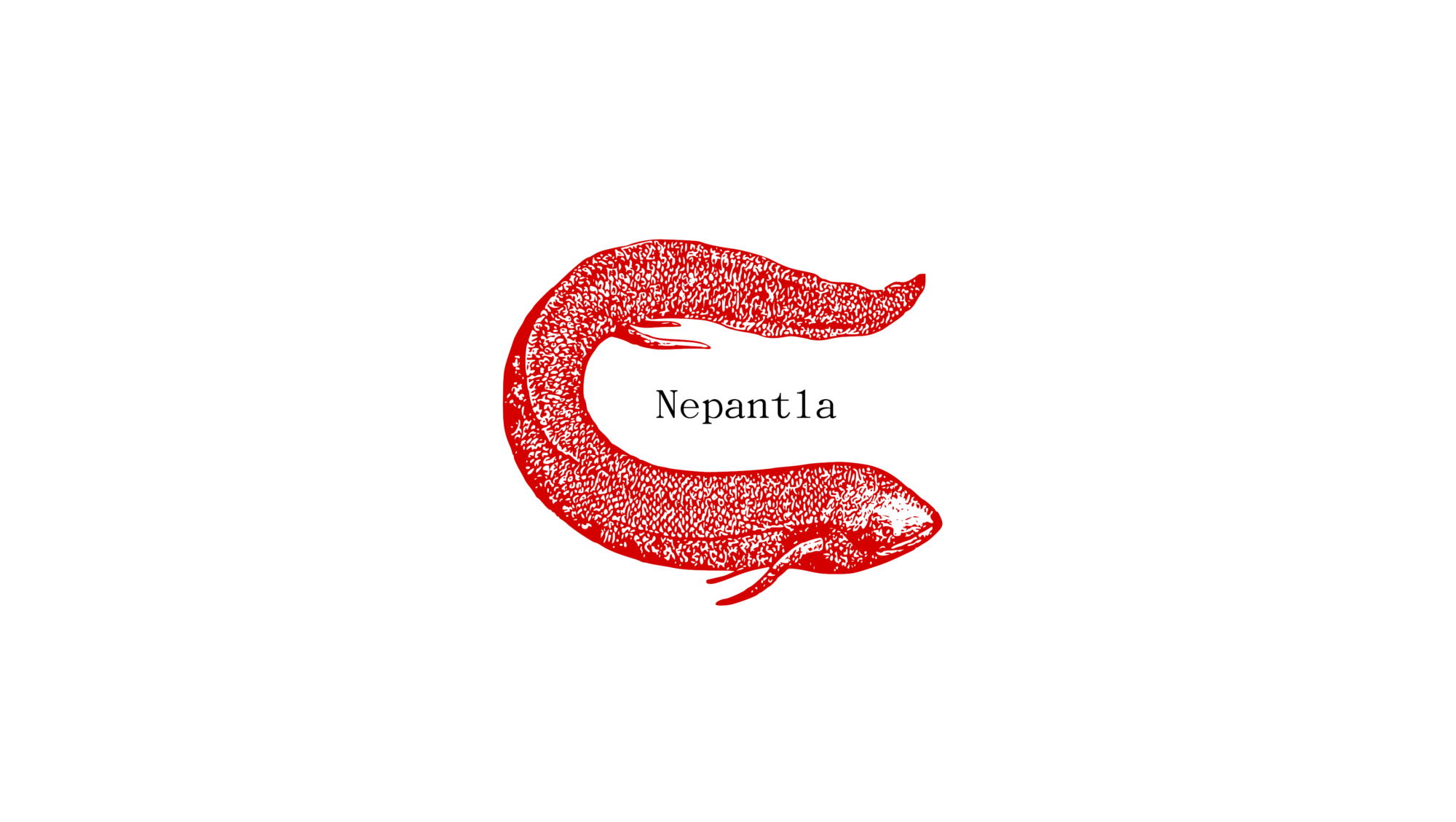- Raul Trejo Villalobos – Interculturality - April 20, 2021
- Postpandemic perspectives - March 13, 2021
- Posthumanism: Romanian scenery 5 - August 26, 2020
Lupe Fiasco starts his song from the “Tetsuo & Youth” album with the accepted request for a collect call. This introduces the story of a man ending up in prison. The story of this man is being described in a mostly passive manner, announced from the very first two verses:
“mislaid plan make a mess made
Damnation, let’s play hands and spades”
This is continued in the following verses:
“Getting send from the protest, no food
Force fed him like Obie with a nose tube”
The use of passive participle “getting send” and the action of force feeding reinforce the actionless state of the man described. This is then further developed when describing a riot, in which the subject described until now assumes himself a passive state:
“I’m just looking at they feet ‘cause I’m looking for the Lord”
In the next verses however we find hints of an aggressive inmate, ready for action. We then see however that this is only the internalisation of stereotypes and reactions to an imposed medium: the prison, the cell, the boxed in living conditions. This extends to the point in which the inmate goes to death row without any change of appeal, without any voice, the ultimate state of passivity. The man initially described becomes a pure victim of the oppressor, the guards. This plays as a microcosmos for a police state, in which the constant surveillance and threat leads to the internalisation of surveillance. The subject becomes a purely passive one. This is made visible by the verse:
“God got us all, God set us free
God is the key but the guards got the doors”
This shows that there is no way out, not even in transcendence. The chorus line frames this: the inmate does not need acceptance, he just needs his collect call, he needs his voice.
This game of subducing reminds us of Foucalt’s Panopticon, a prison with non-stop surveillance which is due to the inmates internalizing the law that leads them. The surveillance is not actual, but only assumed by the inmates. All the inmates see is a tower and they assume they are always watched. Fiasco tells a different story however: the guards are real and they also are oppressed, they also are prisoners. Fiasco breaks the panopticon and tells a more real reality: one of epistemic insufficiency and injustice. Here is where the passive victim finds his voice. In saying
“You a prisoner too, you livin here too
You just like us till your shift get through”
The inmate finds not only his voice but his power in acknowledging the epistemic structure at play here. He sees that the oppressor is no less of a victim than he is. They are both the victims of a segregated system that perpetuates habitual hate and terror, as the chorus line tells us. Furthermore, Fiasco identifies the cause of this too: again, epistemic insufficiency.
“You better watch these n****s
En garde,
if it was up to me, I would never unlock n****s”
Fiasco shows that the guard is a prisoner of his own epistemic boundaries, fearing perpetual violence from that which he does not understand. He does not have the proper concepts to deal with this encounter so he resorts to segregating that which he does not know, and does so violently. The guard is the hate that habitually propagates terror. The guard is the prisoner of habitual thinking, which boxes everything in black/white categories in order to avoid dealing with them. The guard represents the epistemic insufficiency which many choose to ignore and dust away in racism, stereotypes, discrimination.
As James Baldwin beautifully put it, culture offers no tools to understand the white/black divide. It offers a mostly white picture in which everything else is purely marginal, plainly accepted and not heard. Hip hop – like others – does provide this at times, and it does it – unlike others – on a massive scale.
